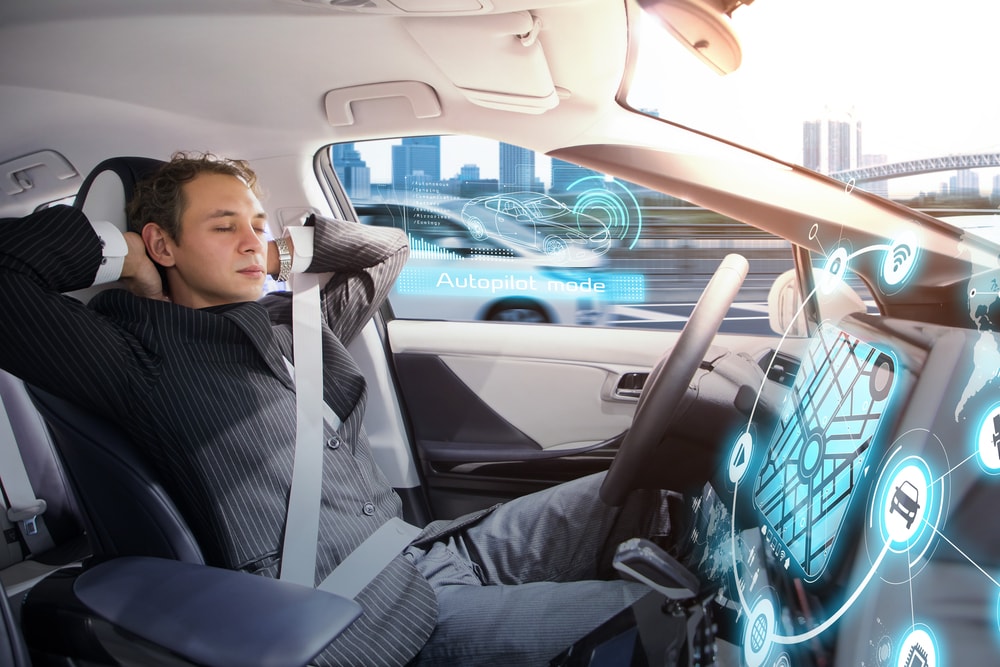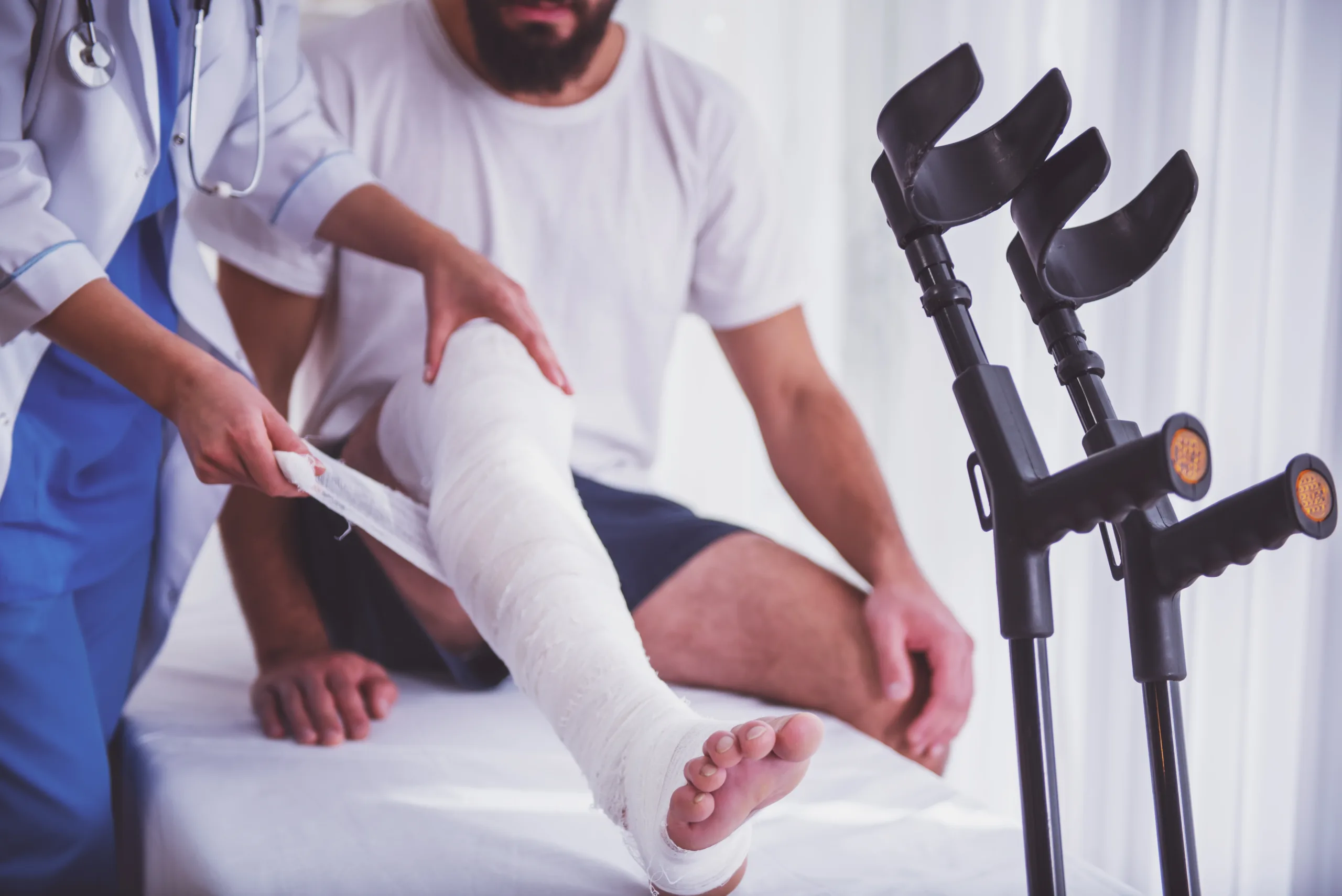Throughout the 20th century, movies and television shows depicted self-driving cars and automated transportation systems. What was once a figment of the future is now a reality. Many car brands are now offering partially and fully-autonomous systems in their vehicles. Aside from presenting tremendous convenience, these vehicles are also causing concerns.
From minor accidents to catastrophic crashes, self-driving cars are calling into question the way society sees transportation. Not just from a long-term perspective, but also, from a legal perspective. If a self-driving car hurts you or someone you care about, the answer to the legal quandaries is easier than you think.
Understanding Vehicle Automation
The National Highway Traffic and Safety Administration (NHTSA), the agency responsible for establishing safety guidelines on the roadways, defines six levels of automation for vehicles. As far as the NHTSA definitions are concerned, those are the only definitions that matter in the legal realm.
The following are the six NHTSA guidelines that determine the level of automation in a vehicle:
- Level 0- These are vehicles that are fully-driven by a human operator.
- Level 1- Vehicles with “driver assistance” features. The driver still conducts the vast majority of driving functions.
- Level 2- Vehicles that are partially automated, like those with steering assistance or lane centering.
- Level 3- This is a vehicle capable of doing all of the driving functions in certain situations; however, the driver is still expected to assume control if necessary.
- Level 4- This is a highly-automated vehicle. This is a vehicle that can theoretically handle all driving functions in any situation, but a human driver is still expected to drive if these functions fail.
- Level 5- This is a vehicle that is capable of full automation. The driver is an occupant, not an operator.
As more level 5 vehicles venture onto America’s roadways than ever before, the concerns over liability are becoming more relevant to the overarching conversation regarding fully-automated vehicles.
Liability and Self-Driving Vehicles
Unlike drivers, self-driving cars are not the ones legally responsible for accidents or mishaps. Rather, the liability of an accident involving a self-driving vehicle rests on the company that produced the vehicle. Not unlike a defective product, companies as companies move towards fully-autonomous vehicles, the liability will vicariously rest on their shoulders.
The RAND Corporation, an international conglomerate that tracks trends across many industries, predicts that companies will face a unique catch-22. If they do have autonomous technology installed, automakers will have to bear the brunt of the blame when the technology fails. On the other end of the spectrum, these same companies will have to face blame if they don’t have these same safety features installed.
No matter what kind of accident you face, it’s critical to have a car accident lawyer in Louisiana who is up-to-date on the latest car accident liability laws.
Informed and Experienced Car Louisiana Car Accident Lawyer
At the Law Offices of E. Orum Young, we have 30-plus years of serving the citizens of Louisiana in all personal injury matters. We are closely following the latest legislation as it develops and no matter the kind of accident, we can represent you no matter the accident.
To schedule a free consultation or case review, call us at (318) 303-4194 or complete our online contact form.





